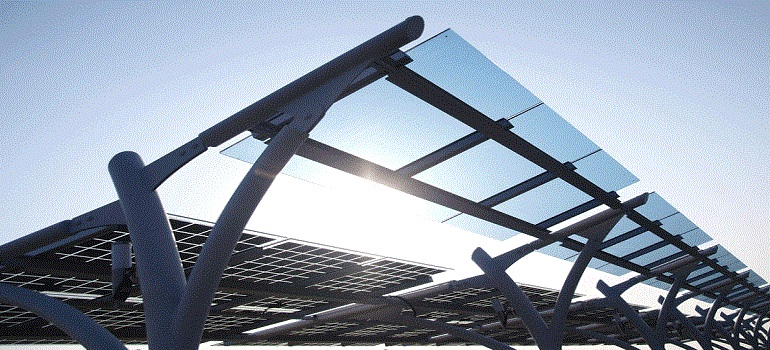 India aims to partner with the UN to use solar energy at the world body’s premises as part of the efforts to protect and preserve environment, the country’s Permanent Representative to the UN Syed Akbaruddin has said.
India aims to partner with the UN to use solar energy at the world body’s premises as part of the efforts to protect and preserve environment, the country’s Permanent Representative to the UN Syed Akbaruddin has said.
India was the global host for the World Environment Day celebrations this year. Marking the day, the Indian government announced its pledge to eliminate by 2022 all single use of plastics in India.
It also committed to making a 500-metre area around 100 historic monuments, including the iconic Taj Mahal litter-free and free from plastic pollution through the Taj Declaration.
“Every action counts as we seek to protect and preserve our environment. All of us have a collective responsibility towards this. As part of these efforts India is happy to inform that it intends to partner with the UN Secretariat to use renewable solar energy at the UN premises,” Akbaruddin said at the commemoration of World Environment Day yesterday.
He expressed hope that by next year’s World Environment Day commemoration, solar energy will be part of the energy mix used in the UN headquarters.
In his message marking the day, UN Secretary General Antonio Guterres said a healthy planet was essential for a prosperous and peaceful future, asserting that everyone has a role to play in “protecting our only home”.
“Our world is swamped by harmful plastic waste. Every year, more than eight million tonnes end up in the oceans,” he said.
Pointing out the astonishing comparison between stars in the cosmos and ocean plastics, Guterres underscored that “from remote islands, to the Artic, nowhere is untouched”.
If present trends continue, by 2050 our oceans will have more plastic than fish, he said.
Guterres encouraged everyone to also stop using plastic products which are designed just to be thrown away such as plastic bottles.
“Refuse what you can’t re-use. Together, we can chart a path to a cleaner, greener world,” he said.
Since it was first celebrated in 1974, World Environment Day has helped raise awareness and generate political momentum around global environmental concerns such as ozone depletion, desertification and global warming.
Akbaruddin said while the human civilisation has made all-round progress in controlling diseases and benefiting from technological marvels, the rapid change is also impacting the planet’s environment in various ways, through over reliance on fossil fuels and unsustainable consumption and production patterns.
“The impacts of human actions on degrading our environment – our air, rivers, oceans, forests, rural and urban spaces; threatening the survival of a large number of species including those vital to our own food chain; depleting natural resources; are in fact a threat to our own survival in the long run,” he said.
Akbaruddin warned that the scale and urgency of the problem were increasing by the day and success can only be achieved by raising awareness and taking action across the world.
He said that a series of efforts were being undertaken in India to reduce the single-use-plastic pollution.
Prime Minister Narendra Modi has personally led the campaign for more sustainable lifestyles, including campaigns on improving cleanliness of the country’s cities and villages and cleaning of rivers, he said.
The University Grants Commission in India, the body that oversees Universities in the country, directed all institutions of higher learning to stop the use of plastic cups, plastic packaging, plastic bags, disposable food service cups, plates, containers made in polystyrene foam and plastic straws on their campuses and restrict single-use plastic water bottle and encourage the use of refillable bottles.
“These are only the most recent instances of the Indian Government’s efforts to focus on the plastic menace in a serious manner. They are part of growing stream of environmental consciousness being reflected in parts of our civil society,” he said.
Outlining efforts undertaken in India to protect the environment, Akbaruddin said fishermen in Kerala were helping reduce, collect and recycle the plastic while in Mumbai, government and local community have come forward to undertake huge efforts to clean beaches.
Kochi airport became the first airport in the world in 2015 to run completely on solar power, he added.
While the “plastic menace” is the focus of recent efforts, India is also focused on other areas of environmental interest, including mainstreaming energy efficiency.
The distribution of 300 million LED bulbs in three years has resulted in savings of two billion dollars and 4GW of electricity, he said.
A symbol of multi-lateral unity, the International Solar Alliance, launched by India and France in 2015, now has more than 60 member states, he added.
Source: PTI


